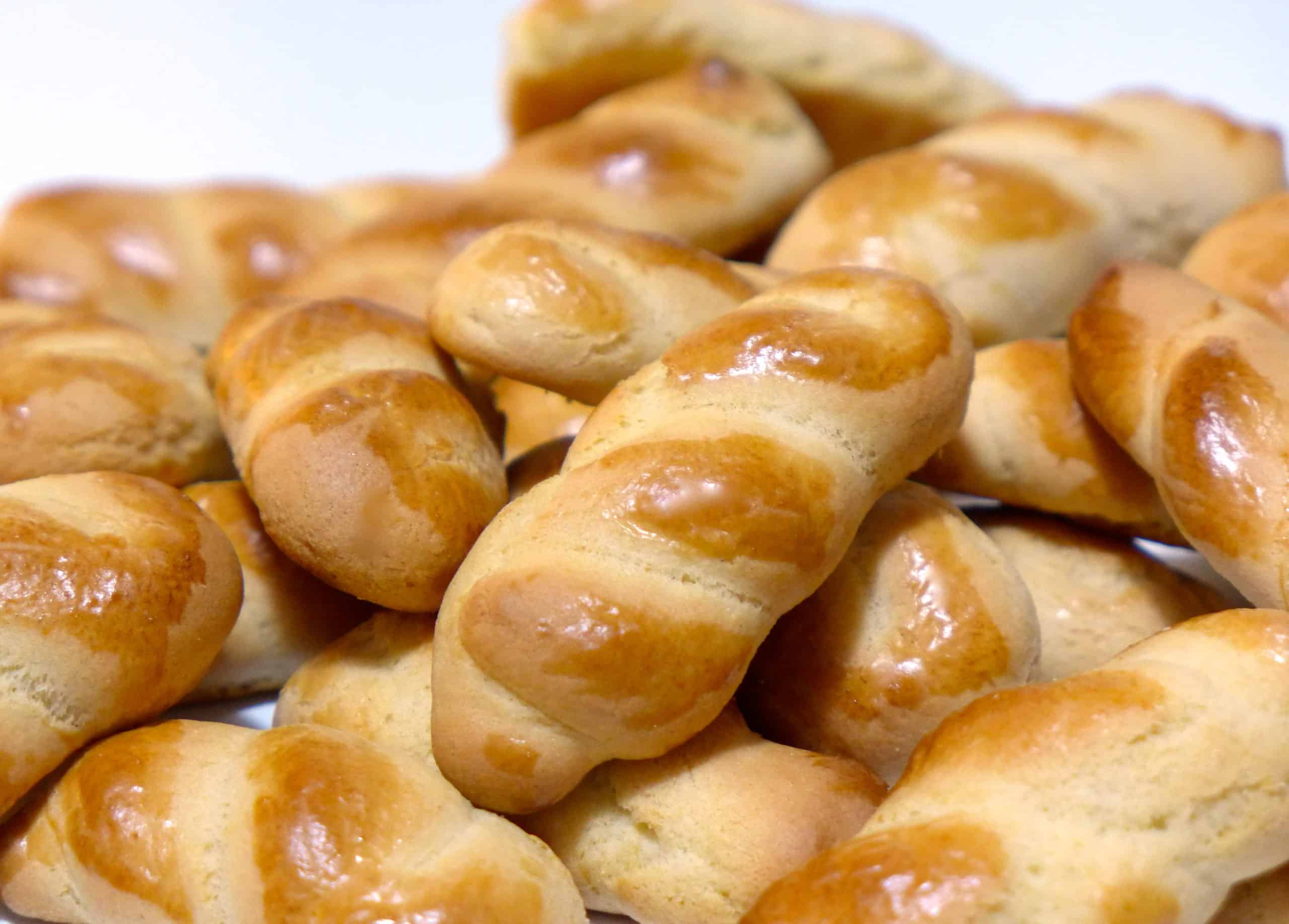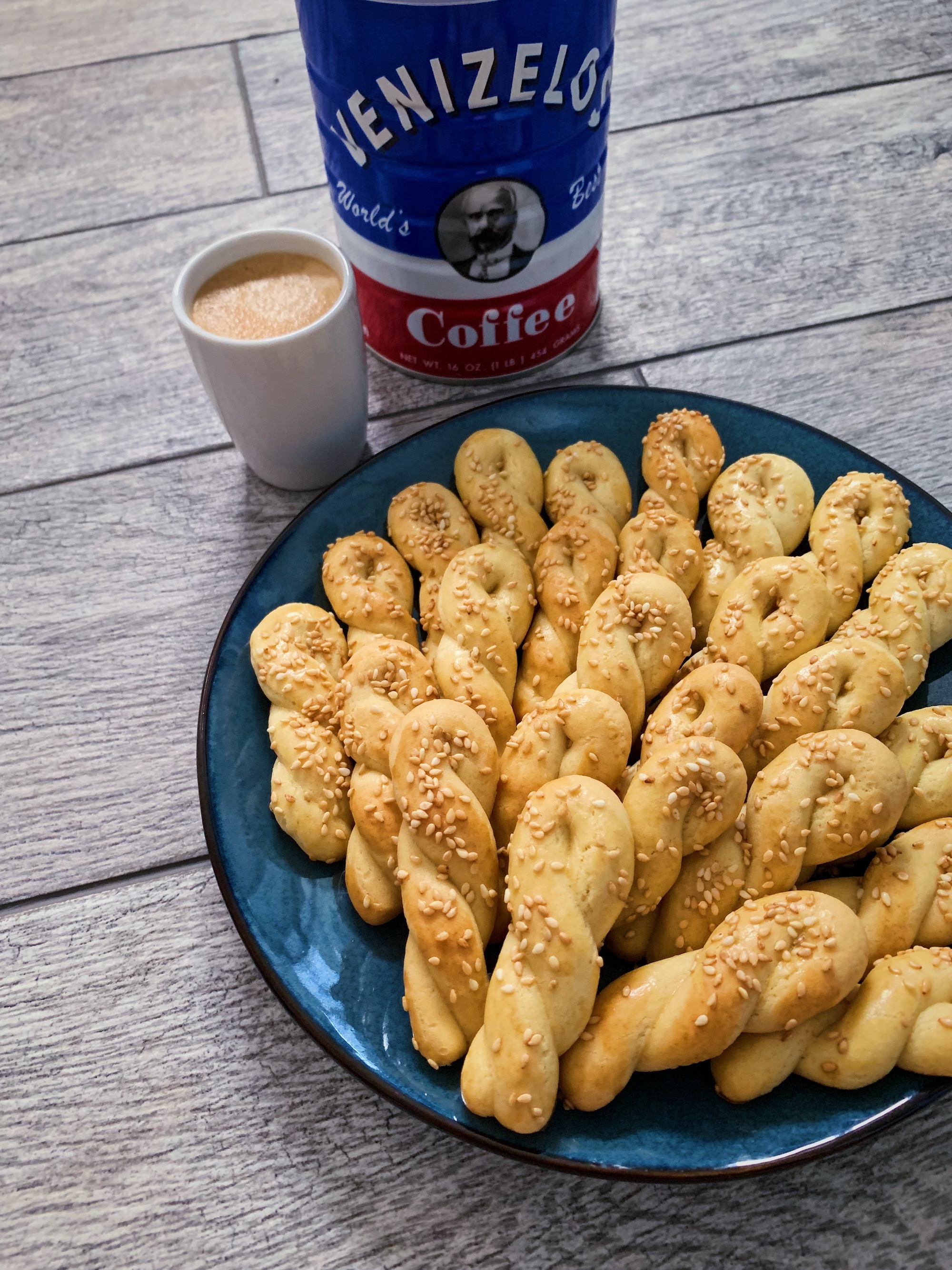tomipark
Active member
Koulourakia are braided cookies that are super simple and a Greek classic. They are pretty popular throughout the year and can be found at pretty much any Greek bakery. But they are customary during the winter, and especially for Christmas and New Years. They taste really great when they're dipped in coffee, hot chocolate, tea with milk or pretty much any hot winter drink that you like! Here are some classic recipes I have found online...

 www.mygreekdish.com
www.mygreekdish.com

 www.mygreekdish.com
www.mygreekdish.com

 mysweetgreek.com
mysweetgreek.com

Koulourakia recipe (Greek Easter cookies)
The fluffiest and crunchiest traditional Greek Easter cookies (koulourakia) you have ever tried! These sweet little Greek Easter cookies are super quick to bake, so much fun to make and highly addictive to eat! Discover how to bake them to perfection with this traditional Greek recipe here...

Koulourakia recipe (Greek Easter cookies)
The fluffiest and crunchiest traditional Greek Easter cookies (koulourakia) you have ever tried! These sweet little Greek Easter cookies are super quick to bake, so much fun to make and highly addictive to eat! Discover how to bake them to perfection with this traditional Greek recipe here...

Koulourakia Recipe for Traditional Greek Butter Cookies
Koulourakia are tasty traditional Greek butter cookies served at nearly every holiday and celebration. They're also perfect dunked in coffee.
 mysweetgreek.com
mysweetgreek.com



